Know your social media shortcuts
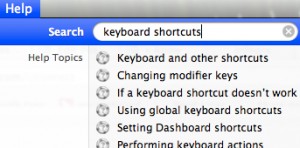 Keyboard shortcuts are essential for audio and video editing programs allowing you to work efficiently and save time without having to rely on the mouse for every function.
Keyboard shortcuts are essential for audio and video editing programs allowing you to work efficiently and save time without having to rely on the mouse for every function.
But what about shortcuts for navigating around social media services?
Check out these guides to keyboard shortcuts for Twitter and Facebook from Socialbakers: both for PC and Mac users and across different browsers.
It’s worth noting if you use Tweetdeck on your desktop you can also find the shortcut menu from Shift+ ? .
![]() read more
read more
Tools and Apps for Journalists: Snapseed
What is Snapseed?
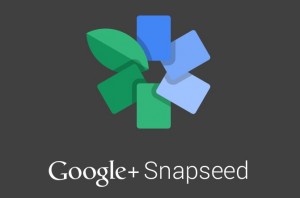 In short: it’s a photo editing application for iOS and Android mobile devices. Snapseed offers a wide range of tools to adjust elements in images that will appeal to both professional photographers looking for an editing app to use on the run and beginners looking for a good app to improve their photos.
In short: it’s a photo editing application for iOS and Android mobile devices. Snapseed offers a wide range of tools to adjust elements in images that will appeal to both professional photographers looking for an editing app to use on the run and beginners looking for a good app to improve their photos.
Nik Software is well known among photographers for their plugins to use with professional editing packages such as Photoshop, Lightroom and Aperture. Google bought Nik in 2012 and soon released Snapseed as an Android app. It also made Snapseed free for iPhone and Android, effectively making it a must have application.
![]() read more
read more
Digital security: The basics to keep you safe online
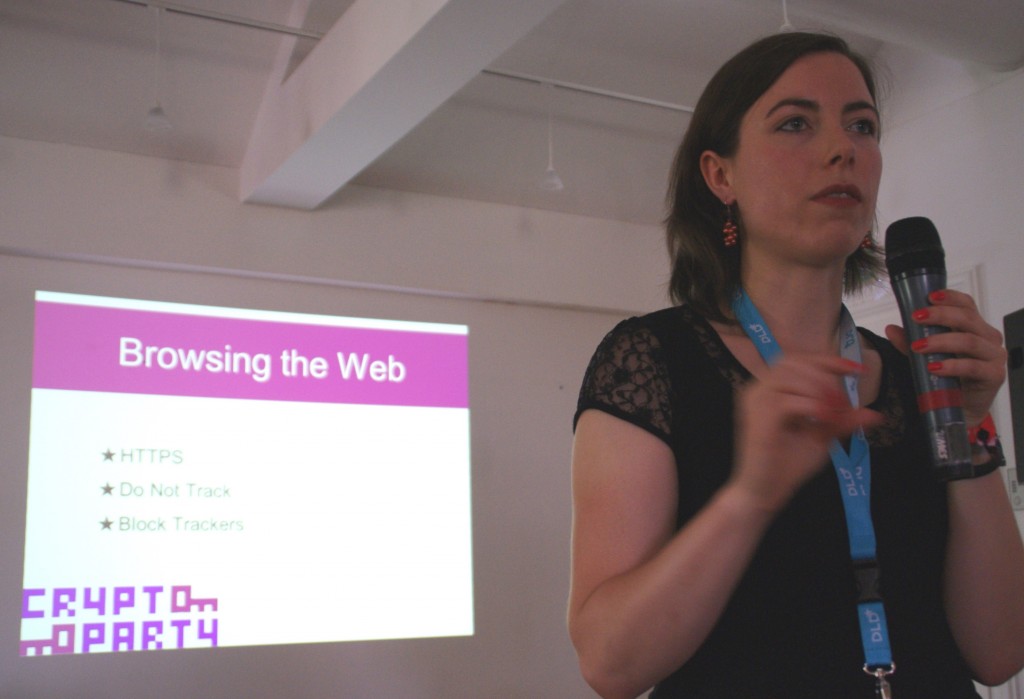 The revelations into the electronic surveillance activities of the US National Security Agency and its Prism system have shown that no one is safe from being spied on. However, journalists can still use some clever tools and open source programs to ensure more security browsing the web, sending emails and communicating with colleagues and sources.
The revelations into the electronic surveillance activities of the US National Security Agency and its Prism system have shown that no one is safe from being spied on. However, journalists can still use some clever tools and open source programs to ensure more security browsing the web, sending emails and communicating with colleagues and sources.
Sandra Mamitzsch of re:publica, Germany’s largest conference on internet and society, offered useful insights on how to start securing your data during her workshop How to keep the NSA out of your Email – a Practical Guide to more Security for your Data at the DLDWomen conference.
“Everything you do online is only as secure as your passwords and your software” says Sandra Mamitzsch. “So use open source wherever possible.”
Here are her best tips:
![]() read more
read more
South Asian journalists tackle climate change reporting
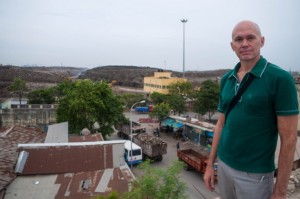
Kyle James has been conducting DW Akademie workshops in Asia and Central Asia since 2008, covering radio production, multimedia journalism and print.
The smell was nauseating and the sight quite a depressing one. The ten participants of the Climate Change Workshop in Chennai / India, along with the two trainers and our guide, had just scrambled up to the top of a building to get a better view of the Kodungaiyur dumpyard in the northern part of the city. We were there to see how waste disposal, unregulated construction, and short-sighted transportation and energy policies were harming the environment and contributing to climate change by releasing greenhouse gases and paving over important carbon sinks like wetlands.
![]() read more
read more
Trois pays, trois mois, trois équipes engagés
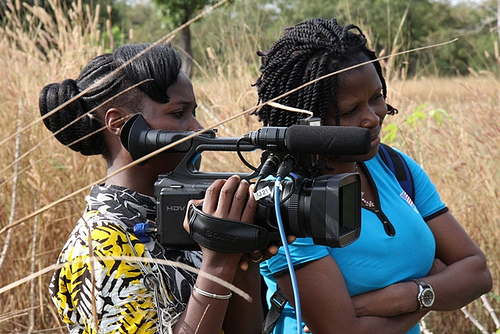 Le projet ‘Histoires Africaines’ prend de l’élan. La phase des coproductions a commencé. Suite aux formations au sujet de grands reportages TV à Dakar et à Douala, un jury en Allemagne a choisi les équipes de coproductions. Par contre, avant de commencer le tournage, il y avait du travail à faire : Les journalistes et techniciens africains ont dû choisir, puis soumettre trois sujets. Ensuite le jury et la rédaction du magazine Global se sont réunis pour développer le sujet en question et ceci, en étroite collaboration avec leurs collègues africains. L’échange de mails et d’appels téléphoniques se suivait à plus vite allure.
Le projet ‘Histoires Africaines’ prend de l’élan. La phase des coproductions a commencé. Suite aux formations au sujet de grands reportages TV à Dakar et à Douala, un jury en Allemagne a choisi les équipes de coproductions. Par contre, avant de commencer le tournage, il y avait du travail à faire : Les journalistes et techniciens africains ont dû choisir, puis soumettre trois sujets. Ensuite le jury et la rédaction du magazine Global se sont réunis pour développer le sujet en question et ceci, en étroite collaboration avec leurs collègues africains. L’échange de mails et d’appels téléphoniques se suivait à plus vite allure.
![]() read more
read more
Marcus Bösch: Newsgames let your audience play with news
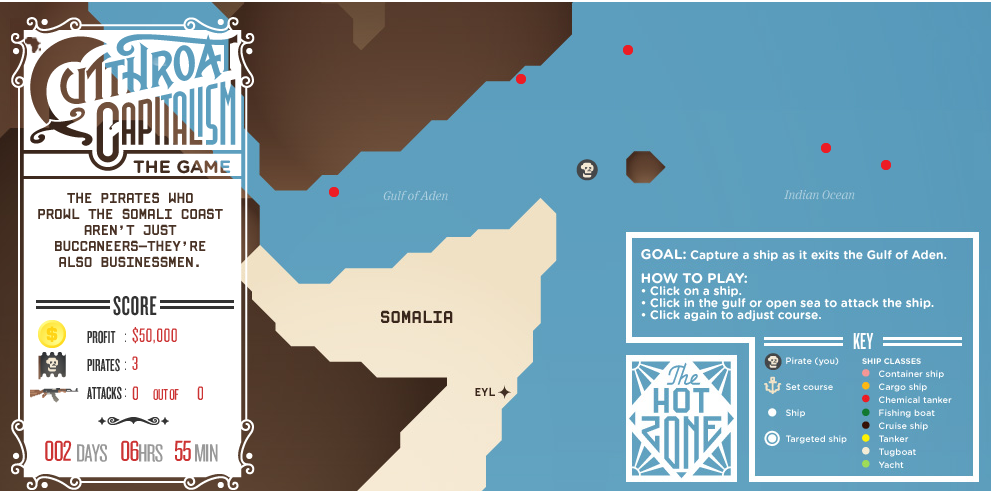 From a playable political cartoon to a simulation of Osama bin Ladens death – newsgames are embraced by the media to playfully engage the audience in important events. In other words, newsgames are games put to use in the context of journalism.
From a playable political cartoon to a simulation of Osama bin Ladens death – newsgames are embraced by the media to playfully engage the audience in important events. In other words, newsgames are games put to use in the context of journalism.
“Newsgames will not replace classical approaches to news but they can and will enhance and augment digital journalism in the 21st century,” says Marcus Bösch. 
The freelance journalism trainer has led numerous workshops for DW Akademie and is the co-founder of The Good Evil game studio. DW Akademie’s Natalia Karbasova spoke with Marcus Bösch about the idea behind newsgames, best practices and the future of newsgames.
![]() read more
read more
Tools and Apps for Journalists: TimelineJS
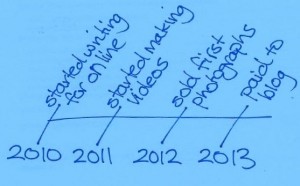 Timelines arrange events in chronological order. From learning about dinosaurs or the order of kings and queens at school, at some stage you would have stumbled over a timeline. The point of a timeline is to make it easier to understand when things happened.
Timelines arrange events in chronological order. From learning about dinosaurs or the order of kings and queens at school, at some stage you would have stumbled over a timeline. The point of a timeline is to make it easier to understand when things happened.
There are plenty of Internet tools to help you create a timeline, but one tool that is popular with media organizations is TimelineJS.
What is TimelineJS?
 TimelineJS (Java Script) lets you easily link to different multimedia sources. So as well as text, you can include videos from YouTube and Vimeo, audio from SoundCloud, photos from Flickr, Tweets, Googlemaps and Wikipedia entries and more. Scribd is also useful for including text documents.
TimelineJS (Java Script) lets you easily link to different multimedia sources. So as well as text, you can include videos from YouTube and Vimeo, audio from SoundCloud, photos from Flickr, Tweets, Googlemaps and Wikipedia entries and more. Scribd is also useful for including text documents.
Other media are regularly added so check with the TimelineJS website to see what else they support.
As a result, TimelineJS makes it easy to visually show events and the interactivity means users can explore further if they want to.
![]() read more
read more
Journalists@Work: Kem Sokunthy
In this installment of our Journalists@Work series, we talked to Kem Sokunthy (Kunthy), a radio producer from Cambodia. In April 2013, Kunthy participated in the radio workshop “Inclusion of people with disabilities” held by DW Akademie and the Women’s Media Centre of Cambodia (WMC).
Kunthy studied literature, education science and political science at different universities in Phnom Penh. During her studies, she also gained journalistic skills at the Cambodian Ministry of Information.
These days, Kunthy works for WMC Radio FM 102, which produces educational programs designed for all sectors of Cambodian society, especially women in rural areas. In this blog post, she gives us some insight into her work as a journalist in Cambodia.
![]() read more
read more
Laura Schneider: Press freedom rankings ‘problematic’
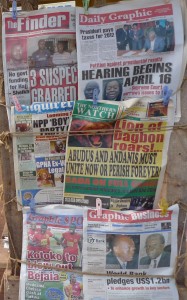 Every year, press freedom bursts into the media limelight when the freedom of press indexes are published. But these international rankings should be treated with caution, warns Laura Schneider, a media freedom expert at the Research Center for Media and Communication in Hamburg. Schneider is analyzing annual press freedom rankings for her PhD thesis. She says that although the rankings are still important, they are not free from bias or based on sound methodologies. She is working on developing an alternative method of measuring press freedom.
Every year, press freedom bursts into the media limelight when the freedom of press indexes are published. But these international rankings should be treated with caution, warns Laura Schneider, a media freedom expert at the Research Center for Media and Communication in Hamburg. Schneider is analyzing annual press freedom rankings for her PhD thesis. She says that although the rankings are still important, they are not free from bias or based on sound methodologies. She is working on developing an alternative method of measuring press freedom.
DW Akademie’s Christine Harjes talked to Laura Schneider about the problems of, and possible solutions to, the press freedom rankings.
![]() read more
read more
Histoires Africaines II: Le rap, les lasers, les poulets et du sel -un mix captivant
“C’est où votre péripétie?” demande Ramata Konaté. Ibrahima Keita la regarde. Il montre du doigt au mur où il a collé son story-board: “C’est ici que le ramasseur du sel compte ses bassines de sel.”
Nous sommes à Dakar en pleine session de formation. Quatre équipes de télé, venant de quatre pays différents, chacune composées d’un journaliste, d’un caméraman et d’un monteur se sont réunis pour suivre la première session du projet Histoires Africaines II.
C’est le dernier jour de préparation, demain les tournages commencent. Le but de ces deux semaines de formation: Tourner des grands reportages de qualité. Après des exercices de prise de vue et de longues discussions sur les sujets et leurs dramaturgies les participants ont planifié leurs tournages respectifs. Une fois sur le terrain la réalité en est une autre, mais nos équipes font preuve de la flexibilité et de l’acharnement. Ils montent leurs reportages jusque tard dans la nuit, s’appliquent pour écrire un texte pertinent et bricolent jusqu’à ce que le son d’ambiance colle à cent pour cent. Et voici quatre grands reportages réussis.
![]() read more
read more






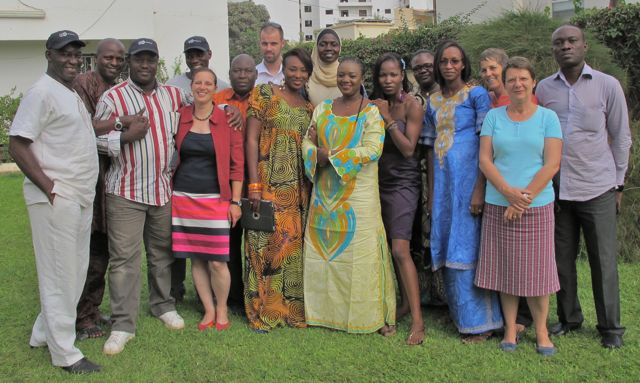




Feedback